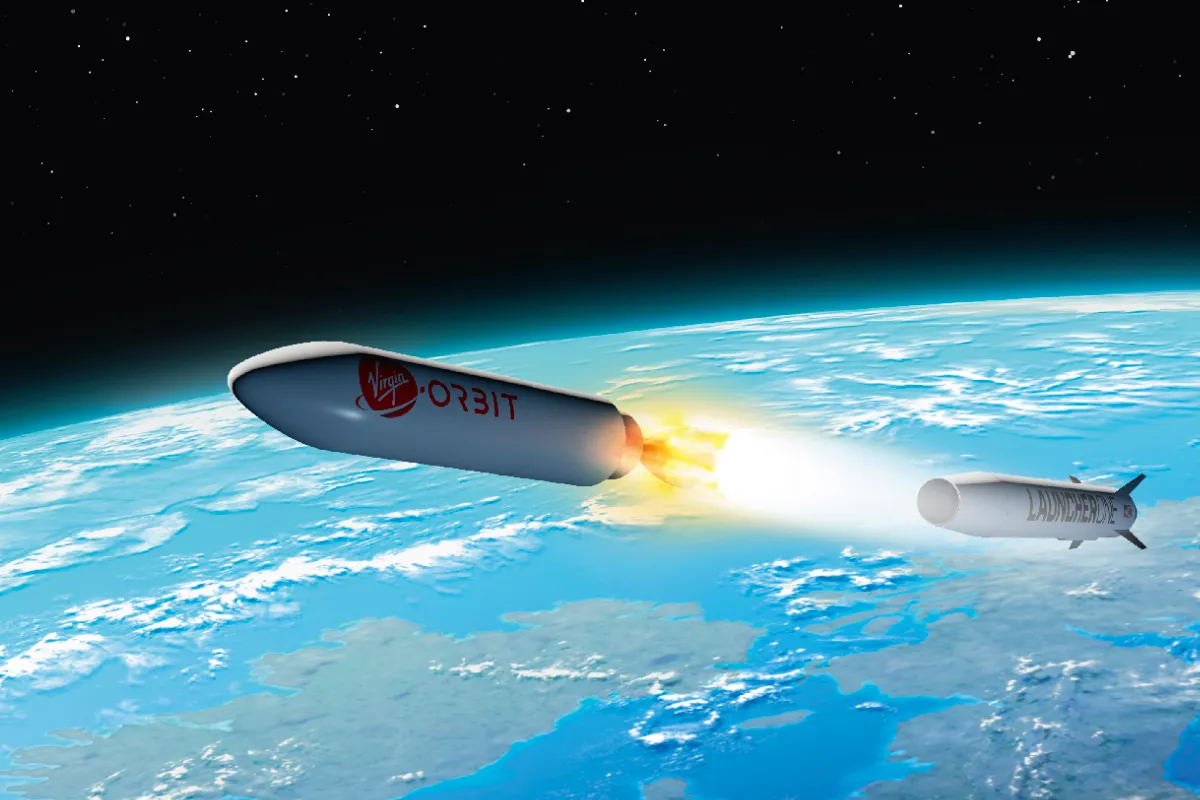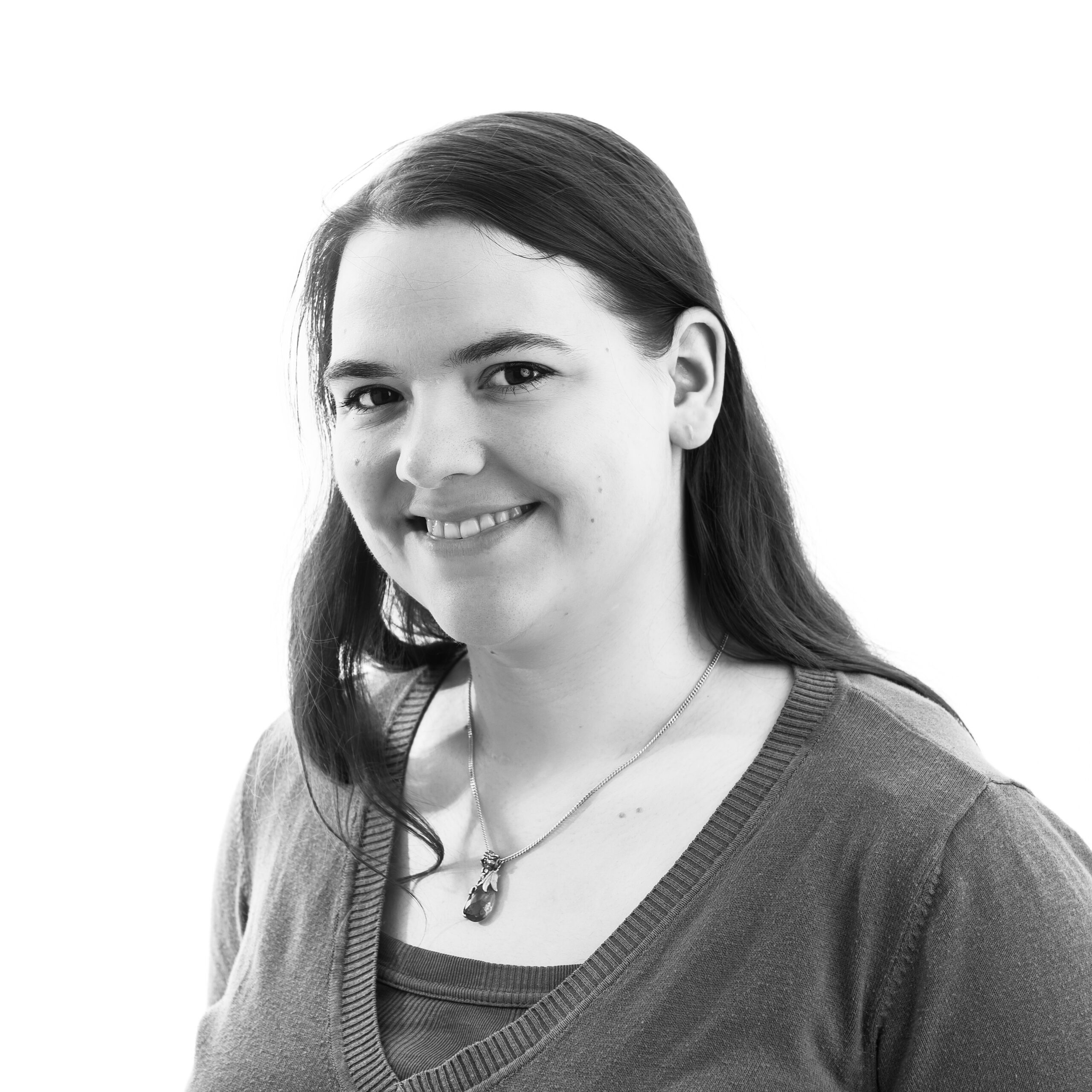The first attempt to launch a rocket from UK soil at Spaceport Cornwall ended in failure, following an anomaly with Virgin Orbit's LauncherOne rocket's second stage.
The mission was intended to deploy nine satellites into low-Earth orbit, but these a have been lost.
Virgin Orbit's 'Start Me Up' mission launched from Spaceport Cornwall just after 10pm on 9 January 2023. 2,000 people had been granted access to watch the launch and spirits were high as the initial part of the mission seemed to go well.
The plane flew out to the Atlantic Ocean just blow the southern coast of Ireland, climbing to 35,000ft before dropping the rocket around 11:50pm.
Four seconds later, LauncherOne's first stage fired, accelerating the rocket to 13,000km/h.

However, when the second stage was meant to fire, an as yet undisclosed anomaly occurred, so it didn't burn enough to reach the 500km altitude needed to deploy the satellites.
"That didn't happen tonight," says Matt Archer from the UK Space Agency who was at the launch. "What you have seen is that it has reached space but hasn't reached the required orbit."
Fortunately, no human lives were endangered by the failure, as the rocket release happens over a remote section of the Atlantic Ocean just in case of such a failure.
"The rocket will probably break up, not all of it will burn up, but certainly that's what they will be tracking at the moment and making sure that it is coming down safely," says Archer. "The trajectory that it was on shouldn't be anywhere near land."
Launch is the riskiest part of any space launch and the time that satellite manufacturer's most dread. Though the space craft were insured, the time and dedication spent creating them is irreplaceable.
"It's pretty devastating. We put our heart and soul into this phenomenal journey." says Melissa Thorpe, head of Spaceport Cornwall and who has been overseeing the adaptations made at Cornwall Airport Newquay since it was first selected as the site of a UK spaceport five years ago. "We'll have to wait for the data to understand what happened."
This data will help not only find out what went wrong, but also learn how to ensure it doesn't happen again. After all, failure is an integral part of the learning process.
"We've had a lot of people reach out to us like Space X, who all said they've been there too," says Thorpe. "Space is hard. It's always a risk but we have a spaceport and we have a space launch. It shows that Cornwall can do it and we will do it again."
